The Toxic Rise of Cancel Culture
With the increased use of social media apps such as Instagram, TikTok and Twitter, cancel culture has grown to take a larger toll on celebrities and influencers than it ever has before.
October 14, 2020
The toxicity and negative effects of cancel culture is more prominent than it has ever been.
“Canceling” refers to withdrawing support from public figures for engaging in considerably offensive behavior. Speaking or acting insensitively are only two of the many ways a figure might get cancelled.
Although cancel culture aids in placing blame where it is due, whether it promotes growth by learning from mistakes or simply shames people into hiding is questionable. Instead of cancelling public figures, fans should find another approach to show what they believe is right and wrong.
“Social media plays a huge role in cancel culture because of how fast rumors or ideas can spread. Certain platforms like Twitter or TikTok are home to cancel culture,” junior Emma Kim said. “I think people enjoy canceling people because it’s seen as funny or entertaining.”
Problematic creators who use their platforms to spread negativity and immoral actions often receive hateful comments, but there must be an extent to which it can be tolerated.
Singer Madison Beer was recently canceled for allegedly lying about having plastic surgery while also trying to spread the message that everyone is beautiful. In recent tweets, Beer has expressed her downfall in mental health due to all the hate and death threats.
“That’s something I’m still working on [my mental health, but] a support system [is so important],” Beer said on her Twitter account replying to a fan. “My close friends are able to talk to me… Positive affirmations quiet down the voice in my head telling me opposite. I’m trying to learn how to self soothe though!”
With popular sayings like “Twitter do your thing,” “#isover” and more, it is easier than ever to shame people on social media and contribute to cancel culture. Cancel culture is fueled by people’s desire to bandwagon trends which can lead to detrimental results.
It reinforces, at a time of political division, a sense of shared solidarity, at least among the people who are doing the canceling… It’s psychologically intoxicating to feel part of a group and to feel a part of something larger than yourself.
— Jill McCorkel
In May 2019, makeup artist and beauty guru James Charles was canceled after fellow beauty guru Tati Westbrook alleged he was a predator. Although he was proven innocent to these allegations, in just one weekend Charles lost 3 million of his 16 million subscribers following the exposé type video, according to NBC News.
“It reinforces, at a time of political division, a sense of shared solidarity, at least among the people who are doing the canceling,” sociology professor at Villanova University Jill McCorkel said in an interview with the New York Post. “It’s psychologically intoxicating to feel part of a group and to feel a part of something larger than yourself.”
Being a bandwagon with a large group of people helps some feel included in creating an especially dangerous force when the individuals attribute the positive feelings of being included and being a part of something bigger with canceling someone.
“Cancel culture is not effective in the long run. Yes, it is effective for taking accountability, but in the end it does not push for any type of growth or improvement and rather isolates the individual who was cancelled, making it impossible for them to learn from their mistake,” senior and Instagram influencer Nicole Nguyen.
Due to its fear and shame factor, cancel culture poses a toxic way to hold public figures accountable for their actions which ultimately leads to fear rather than genuine change. Rather than canceling, individuals should make a stance to educate and promote growth rather than creating fear of canceling.



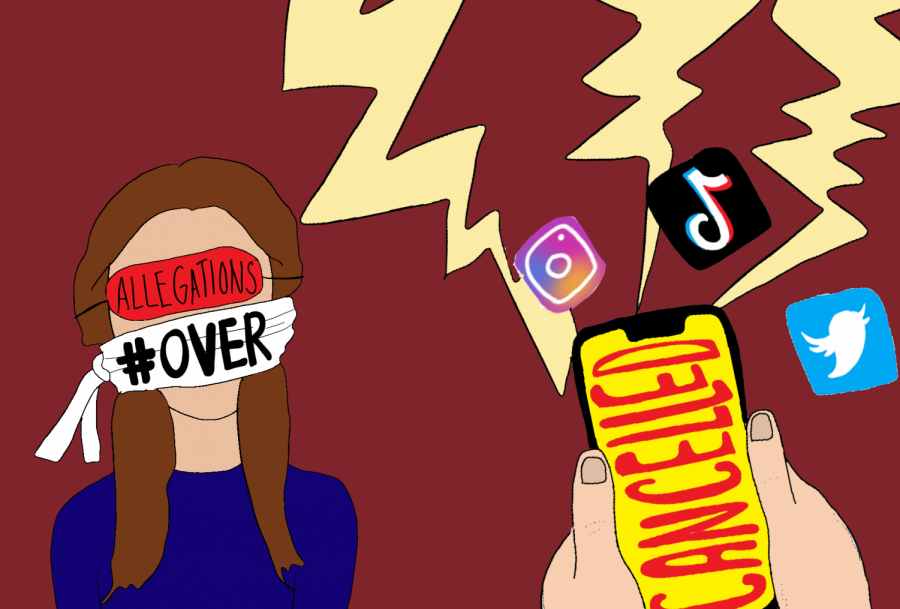



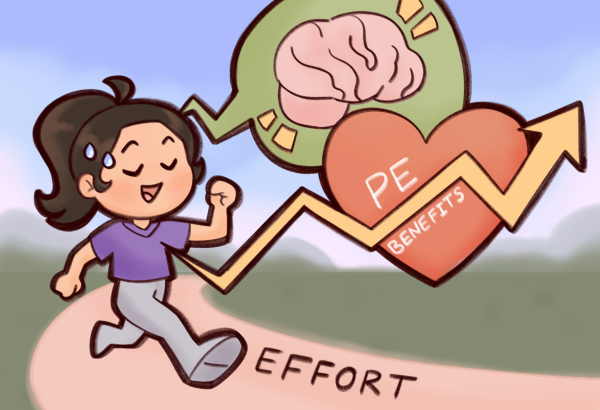

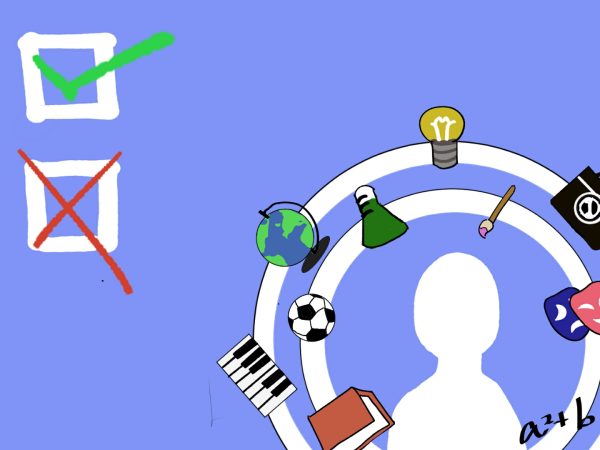
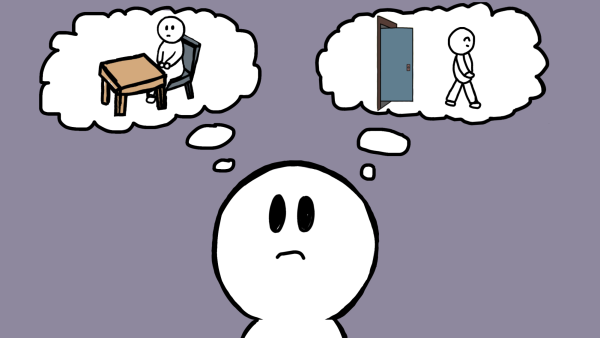
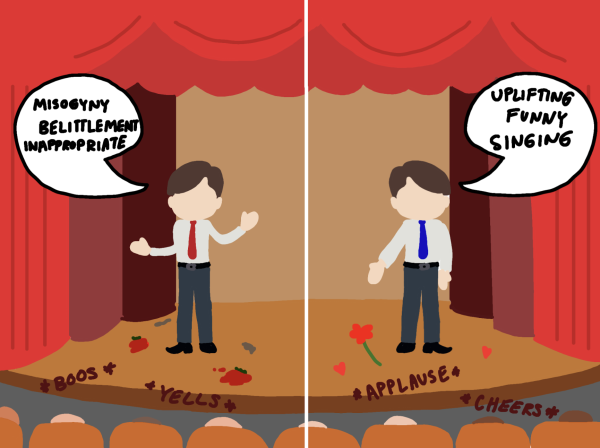
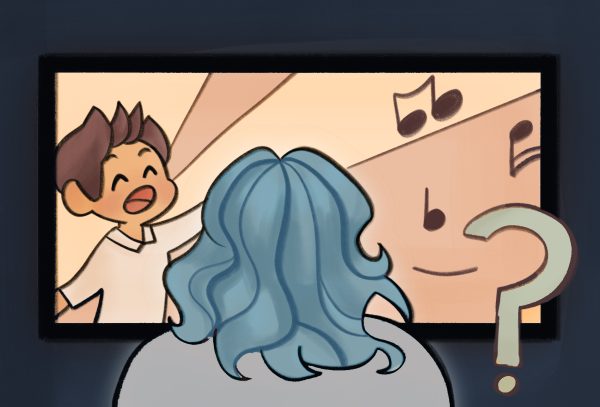

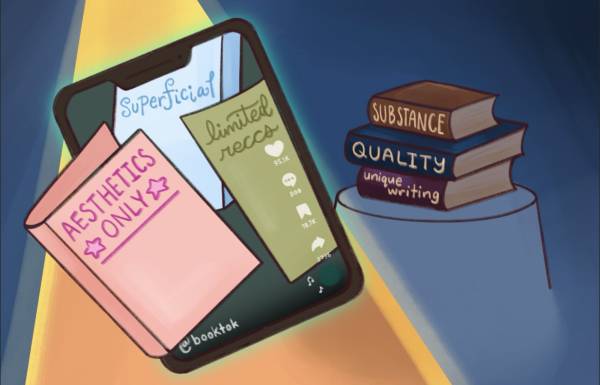

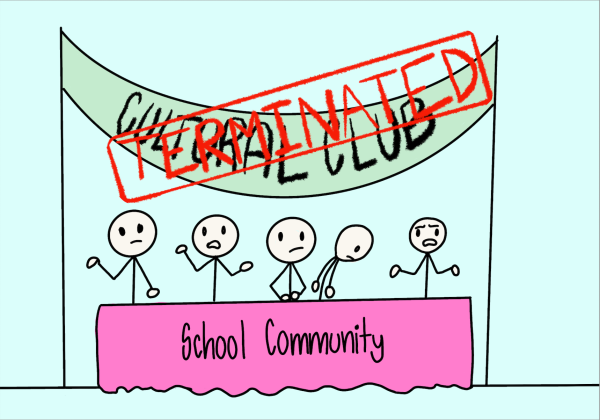

Michelle Zhang | May 21, 2021 at 7:34 am
To whomever this concerns,
My name is Michelle Zhang and I am a rising senior. I’ve designed an infographic inspired by this article and I was wondering if it was possible to publish my infographic alongside the article. My infographic addresses the harmful effects of cancel culture, do’s and don’ts of canceling, and statistics. I would love for my work to be featured, and I think that having a visual element to sum up the details of the article would be eyecatching to readers. I would love to send over my infographic!
Please reply to me if this is possible,
Michelle Zhang